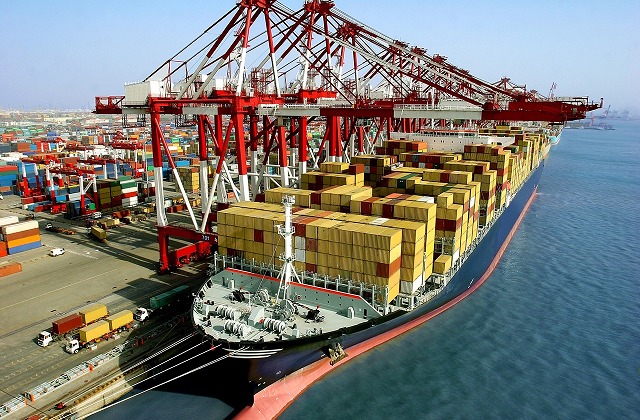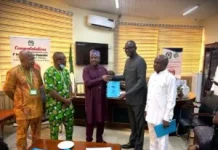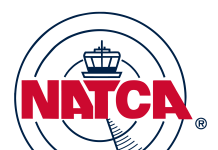Maritime industry stakeholders have expressed views about the passage of a bill for an Act to provide for the establishment of the Nigerian Safety Investigation Bureau, a multimodal accident investigation agency.
When assented to by the President, the bill, which was passed last week by the Senate one month after the House of Representatives passed it, will see the transformation of the Accident Investigation Bureau into a multi-modal safety investigation agency, with rail and maritime added to AIB.
A former Director-General of the Nigerian Maritime Administration and Safety Agency, Temisan Omatseye, said, “To me, consolidating everything in one place is okay but then we should also be sure.
“Because if you look at an agency like NIMASA, it has its own Accident Investigation Bureau, just like Nigerian Civil Aviation Authority has. And this is to show that in house they have been able to develop professionalism in one of the areas.
“The issue with this new one is: are they going to pull the experts from these places?”
The President, National Association of Master Mariners, Tajudeen Alao, told our correspondent that maritime stakeholders were not carried along before the bill was passed.
He said the association had been clamouring for the creation of Marine Casualty Investigation Bureau, which he described as a global practice.
According to a maritime chieftain, Eugene Nweke, there are some key areas to be considered in the bill.
He said, “There is nothing wrong with the bill; it is a necessity in the industry. From my own point of view, there are certain areas of consideration when it comes to maritime industry bill between a ship, train and any other mode of transportation.
“When it comes to the sea, we look at the laws that empower the Nigerian Navy and that of NIMASA. Are there any overriding functions between the new bill and the former?”
According to him, there are so many sections of the bill that needs to be streamlined.
“However, I know that one of the problems we have in the maritime industry is making bills that do not solve core functions. There is need to streamline the bill; there are so many sections of this bill that needs to be streamlined. You don’t just create what we call evacuated functions for certain people all in the name of trying to be relevant.”
Nweke stressed the need for the amendment of the Act establishing the Council for the Regulation of Freight Forwarding in Nigeria.
“In actual sense, the one Act that when amended, will capture some of these things is the CRFFN Act. One thing I know is that once an Act is being enacted at the end of the day, it will be conflicting with one section of another Act. It is a welcomed development” he concluded.













